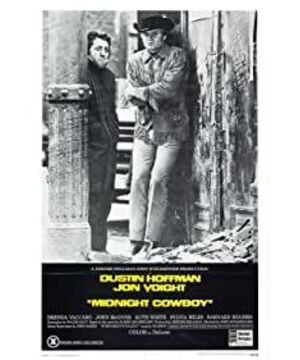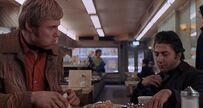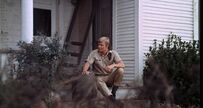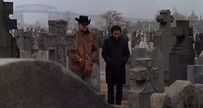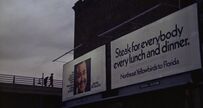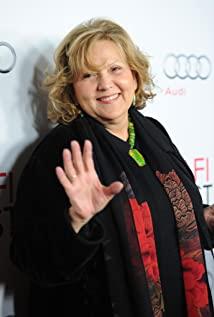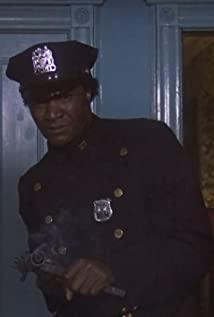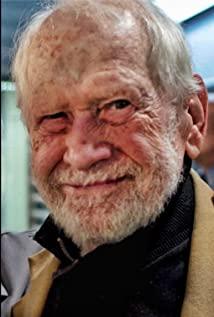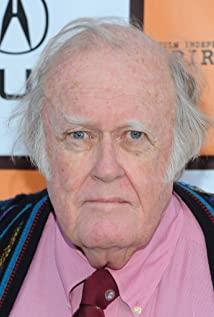I thought the meaning was in JOE alone, simple, full of ideals, bitter experience, frustrated, courageous, and compromise. Borrowing from COWBOY, with a caring and smug look, shooting like this was very bold in that era. No matter what aspect it is, the morality and the technique are good. I thought that was the case. It's a good film that is bold and has some meaning but may be boring.
The result is far more than that. Especially in the back, the man carrying the camera, the woman giving out flyers, the weird PARTY, the elegant editing outside the hotel, the beach and the sun in Miami, using a lot of expressionist techniques, editing the cutting edge, it counted in the movies of that era. It may be a strange and awkward movie, but now it seems to be too far ahead. Even today, it may still cause controversy. To a certain extent, if you are looking for something related, you will suddenly think of "Born Murderer." Strange links may be due to editing, flashbacks, ideals or memories.
Like the ending, the rare light treatment. When I watch a movie, or even some movies I like very much, I often can't remember the ending completely, unless it is too classic. It’s easier to understand that the ending abruptly changes at the end of ten minutes. It’s typical, such as "The Very Suspect"; there is another ending that is suspenseful. What suddenly came into my mind was "Instinct", slowly shaking. Mirror down, there is a cone of ice under the bed; then there is a climax ending, too many, very mediocre, the most common. If these endings are impressive, it should be almost 100%, because they belong to this type originally, and they only dig out the endings and rely on the tail to shine. But the ending of "Midnight Cowherd" is like a kind of scattered writing, soaked, and then decisively faded out. Rizzo died silently in the arms of JOE BUCK, without any musical rendering and no messy characters. Relationship, quietly, life ends when it is about to reach the place of dreams. At the end, the car drove by the sea in Miami, the camera gradually moved away, and the subtitles started.
This kind of blank space, on the contrary, is huge in power.
At the end of the classic "Four Hundred Lowers", Dongny, who escaped from the junior control office, ran all the way to the beach, unable to move on, suddenly turned to face the camera, zoomed in, and freezed. The face of a 13-year-old boy with a complicated expression, astonished, disappointed, perplexed? His thoughts seemed to be conveyed from the eyes of the two or three seconds, but there was no way to analyze and explain them. In another sense, it's like the audience was a voyeur for the first hour and a half in the whole movie, but unexpectedly met and communicated with the teenager at the last moment. He discovered your existence, so a straight face melted away. In the last shot on the screen, the eyes were complicated. Such a face, not part of the 13-year-old's eyes, makes you unable to let go for a long time. . .
View more about Midnight Cowboy reviews


